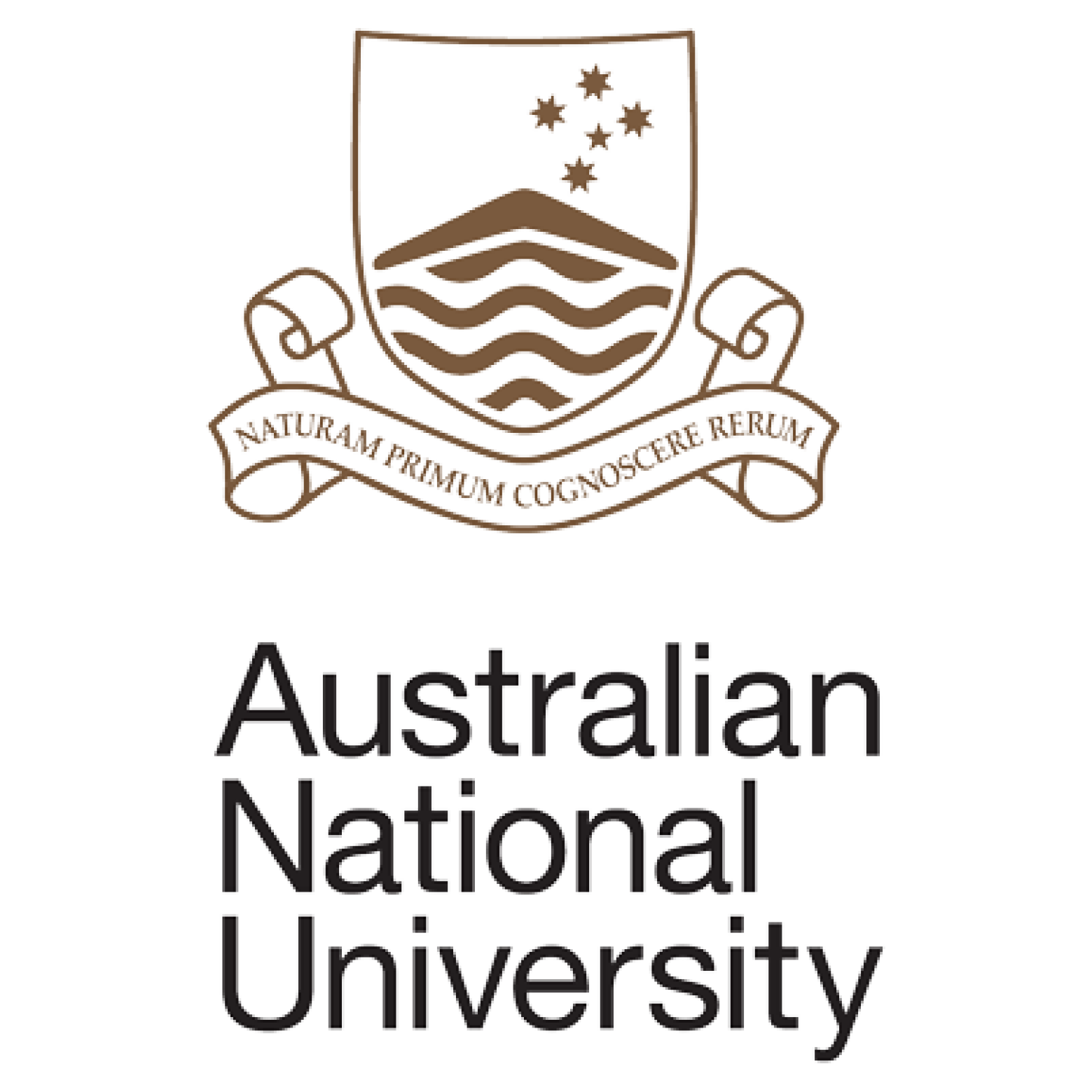
Master of Archaeological and Evolutionary Science
Australian National University, Canberra


Australian National University, Canberra

Master of Archaeological and Evolutionary Science
Australian National University, Canberra
Scholarship Available
Degree
Postgraduate
Duration
24
Course Type
With Co-op
Co-op education gives you real-world experience in a job related to your studies.
INR
26.29L
USD 30933
1st Year Tuition Fees
Opening Soon
Opening Soon
AUD 110